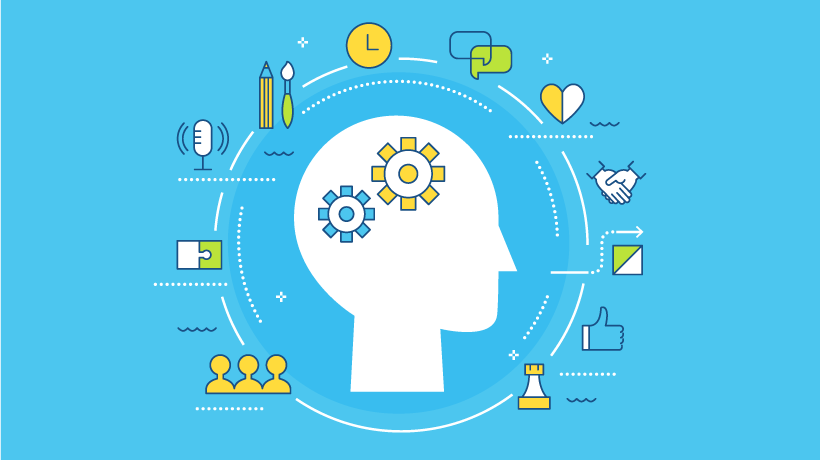When hiring, hard skills are prioritized by many organizations. In other words, they will look for the training or experience necessary to do the job well, as well as abilities that are particular to the position itself.
While appropriate education, training, and work experience are crucial, you also need to take into account less obvious skills, such as soft skills. After all, having the most skilled, qualified employees isn’t everything. It is about their ability to function as a cohesive unit for the success of the group as a whole.
What do soft skills entail?
Instead of focusing on what people are trained in, soft skills emphasize who people are. They serve as a representation of how you live and conduct business. Simply put, soft skills are emotional and social abilities that are hardwired into a person’s personality and define how you interact with others at work.
Soft skills are essentially the people, personality, and communication skills that your workforce needs to ensure the long-term growth of your company. Since almost every job necessitates interaction with others, whether inside or outside your organization, these skills should not be undervalued.
The reason why you should be focused on soft skills
Soft skills are in high demand and many organizations are now realizing their value. Soft skills give you confidence, texting employees who will help your business.
Many employers make the mistake of assuming that their employees automatically have the most useful soft skills, but this is not always the case. It’s naive to believe that your employees will automatically know how to behave in non-technical workplace settings. It is like assuming that all workers have the same personality! And so we should improve our personality with the help of soft skill training.
The advantages of soft skills training programs
Your workforce can receive soft skills training for employees through a variety of methods. As part of employee onboarding, you can create entirely separate courses just for soft skills, or you can incorporate a soft skills section into your existing course material. You’ll gain a lot by educating your workforce in soft skills, including the following:
Improved communication
Effective communication between your employees and your clients or customers will improve. By giving them the tools they need to listen, communicate more effectively, and engage in challenging conversations.
Stronger management
Your staff members will be better able to delegate, give and receive feedback, accept responsibility, and inspire others to help them achieve their goals.
Better ability to solve problems
Your staff members will be capable of being proactive when it comes to identifying issues and potential obstacles to tasks, projects, and goals. They will also be able to find and apply solutions or propose alternative fixes.
Improved critical and creative thinking
Your staff can “think outside the box” by being given soft skills training that fosters both creativity and critical thinking. They will be able to weigh their options and make educated decisions using these skills, increasing their likelihood of getting the desired outcomes.
Better collaboration, effectiveness, and output
Your employees will be more able to collaborate and achieve company goals and objectives with the help of soft skills. This then results in increased productivity and improved efficiency.
While emphasizing soft skills is becoming more and more common, hard skills should not be neglected because they are equally important. To create a workforce that is well-rounded and equipped with the skills they require to do a great job, give both equal weights in your L&D strategy.
